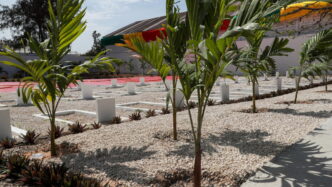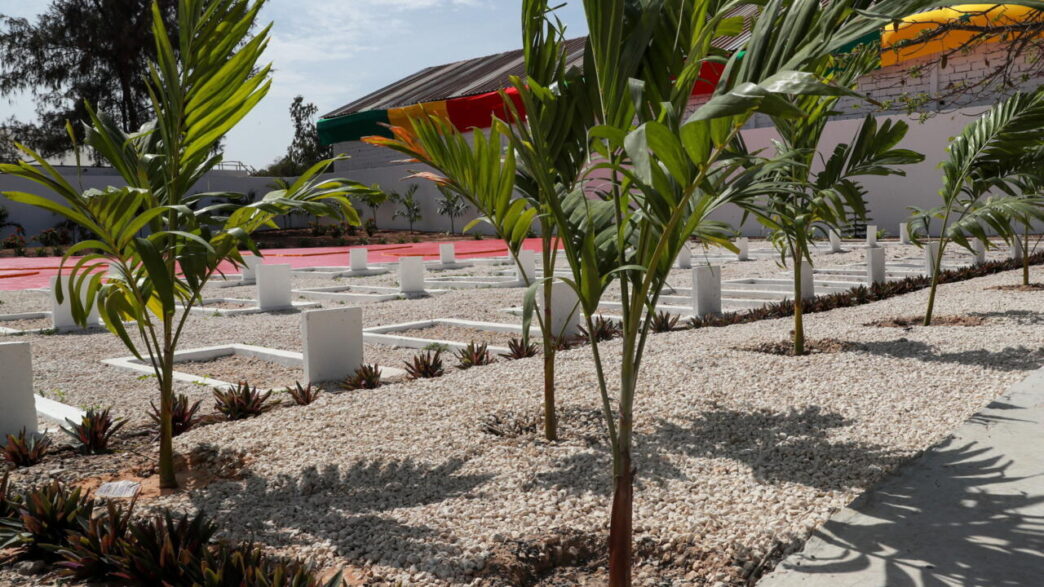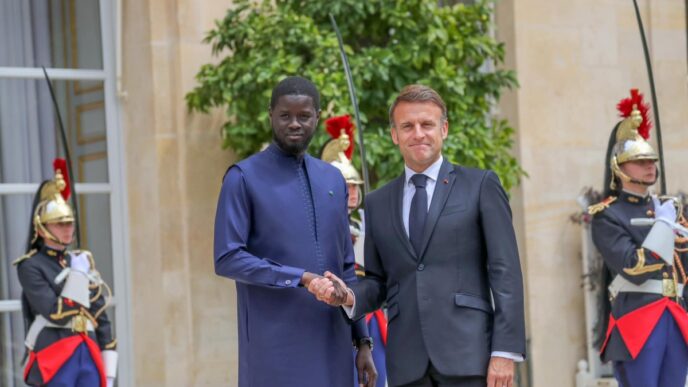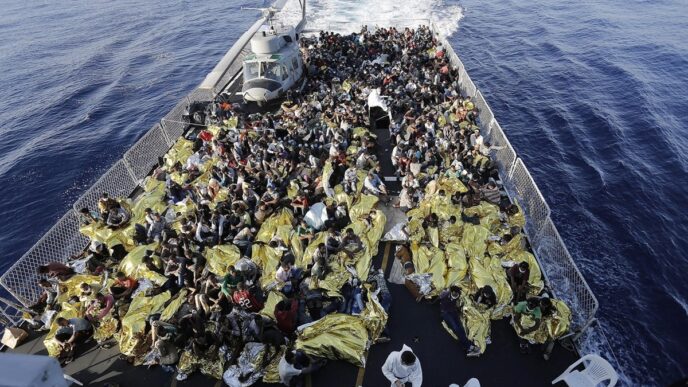Senegal is set to present an official report on Thursday detailing the killing of dozens of African soldiers by French forces during World War II, the government announced on Wednesday.
The findings will be submitted to President Bassirou Diomaye Faye, shedding light on a long-standing historical controversy.
The massacre occurred in December 1944 at the Thiaroye military camp near Dakar, where African troops who had fought for France protested against delayed pay.
The exact number of victims, their identities, and burial sites remain disputed, with estimates ranging from at least 35 fatalities, according to contemporary French records, to as many as 400, according to historians.
The soldiers involved were not only Senegalese but also hailed from other West African countries.
In April 2024, Senegalese authorities established a committee of researchers tasked with compiling the report.
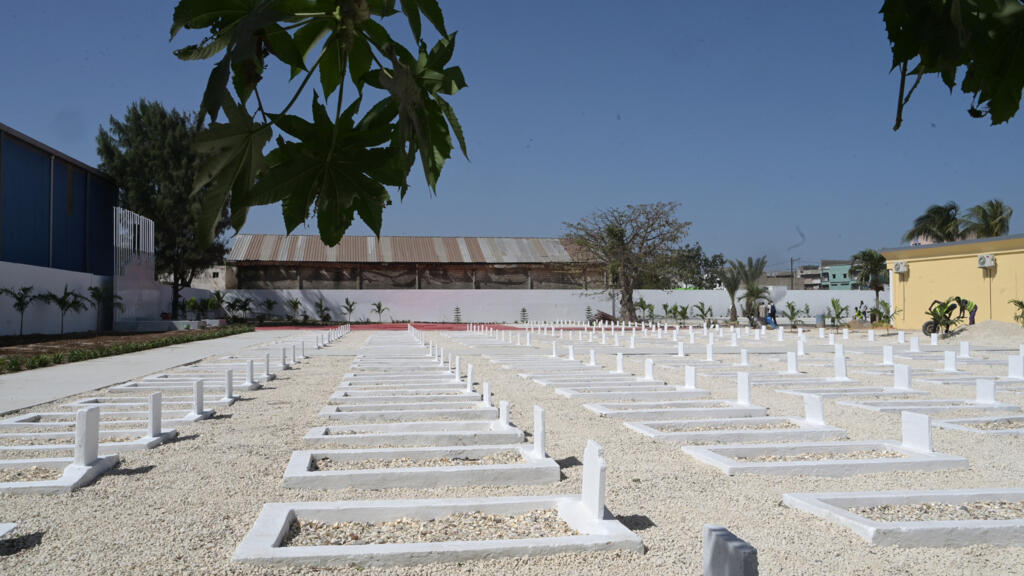
The government said the white paper is “a product of rigorous research, documentation and focus,” designed to clarify the circumstances of the massacre, honour the memory of the victims, and foster shared historical recognition among the nations affected.
The report is being submitted roughly six months later than initially planned.
Approximately 1,600 West African soldiers, captured by Germany while fighting for France, were repatriated to Dakar in November 1944.
Tensions grew at Thiaroye over unpaid wages and demands for equal treatment with white soldiers, prompting some to refuse to return home without their due.
French forces opened fire on 1 December, killing many of the protesting soldiers.
The Senegalese government has accused France of withholding archival documents relevant to the death toll.
Former French President François Hollande had claimed in 2014 to have provided a complete copy of the archives, and in November 2024, France formally acknowledged the massacre ahead of the 80th anniversary, which Senegal marked on an unprecedented scale.


 Trending
Trending 
